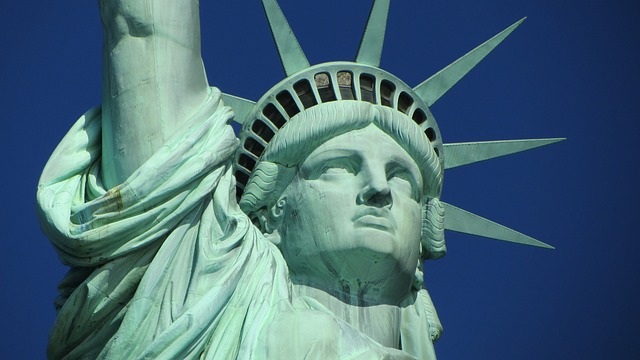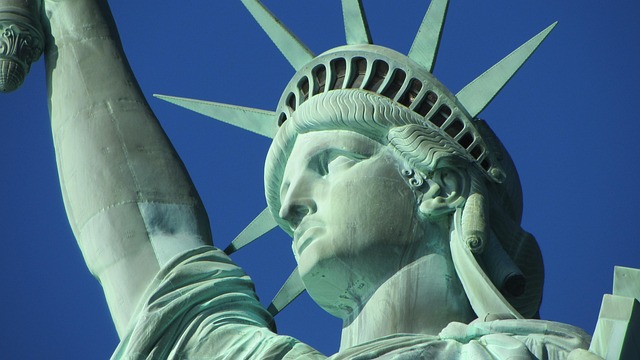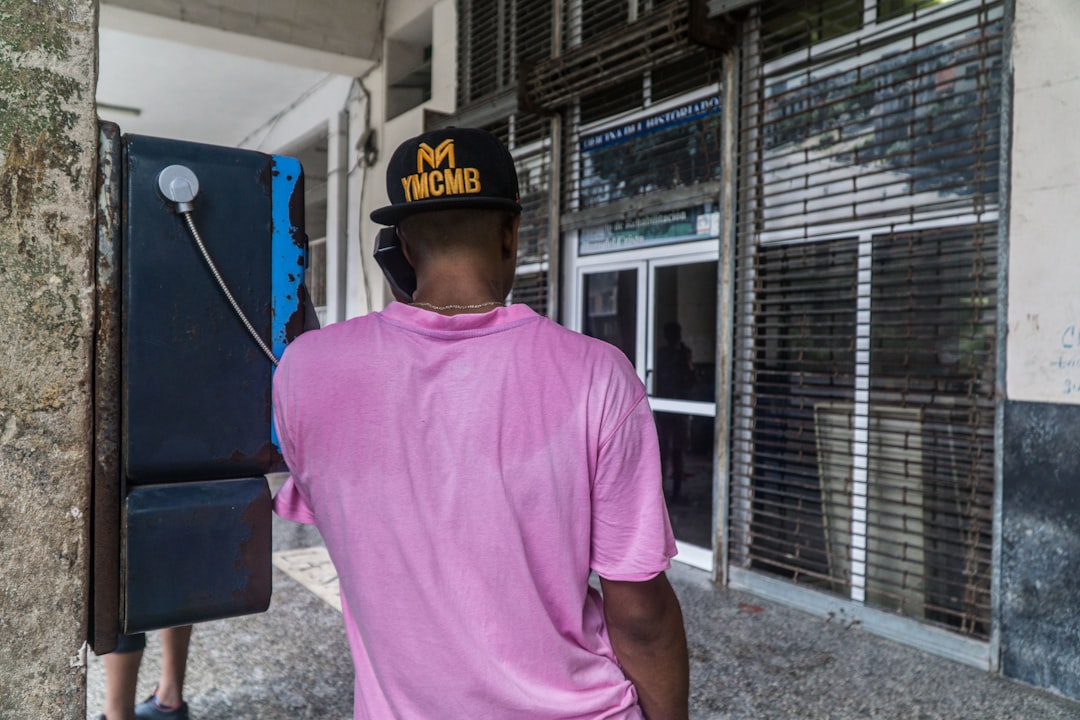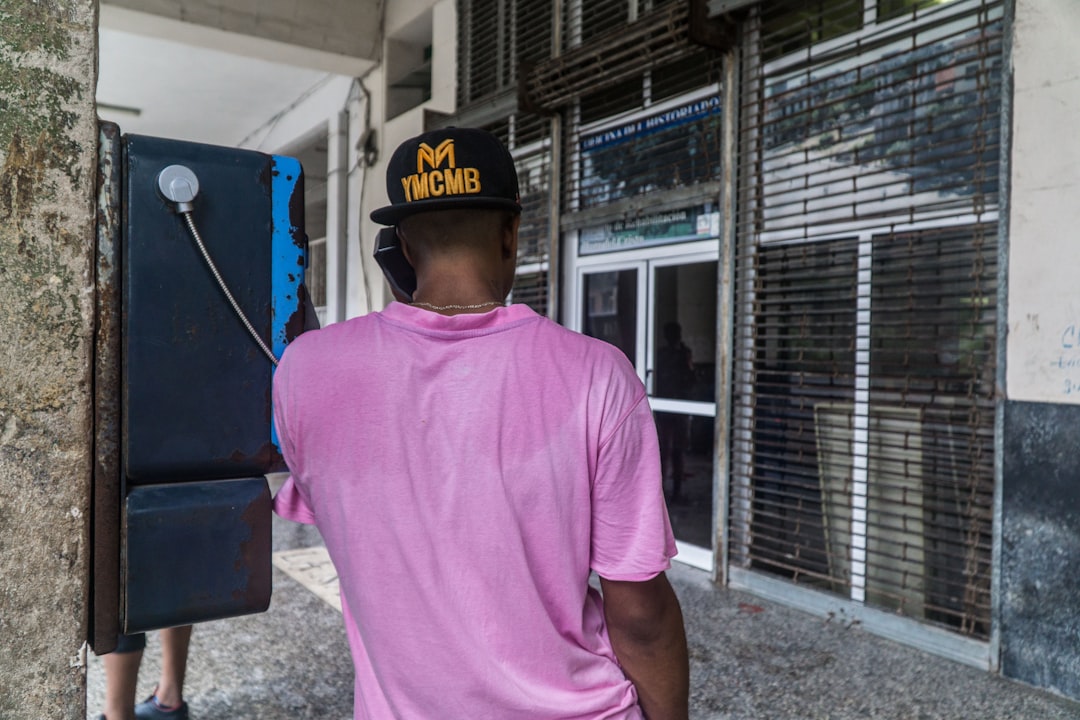Spam texts in New York, including Buffalo, are regulated by federal laws like the TCPA and state-level legislation, offering robust protections for residents. Unwanted automated or prerecorded messages from unfamiliar senders are illegal without explicit consent. Individuals can identify spam, document and block it, and file complaints with the FTC for compensation. Legal remedies include suing for damages and reporting violations to the New York State Attorney General's Office, empowering residents to combat spam text campaigns across the state.
“Receive unwanted text messages in Buffalo? Don’t panic. Understanding and knowing how to navigate spam texts is crucial for your online safety. In this comprehensive guide, we’ll walk you through every step, from immediate actions like documenting and reporting, to long-term strategies that prevent future harassment. With New York’s strong legal protections against spam, we’ll also explore your rights and options. Stay informed and take back control with our practical tips tailored for Buffalo residents.”
Understanding Spam Texts and Legal Recourse
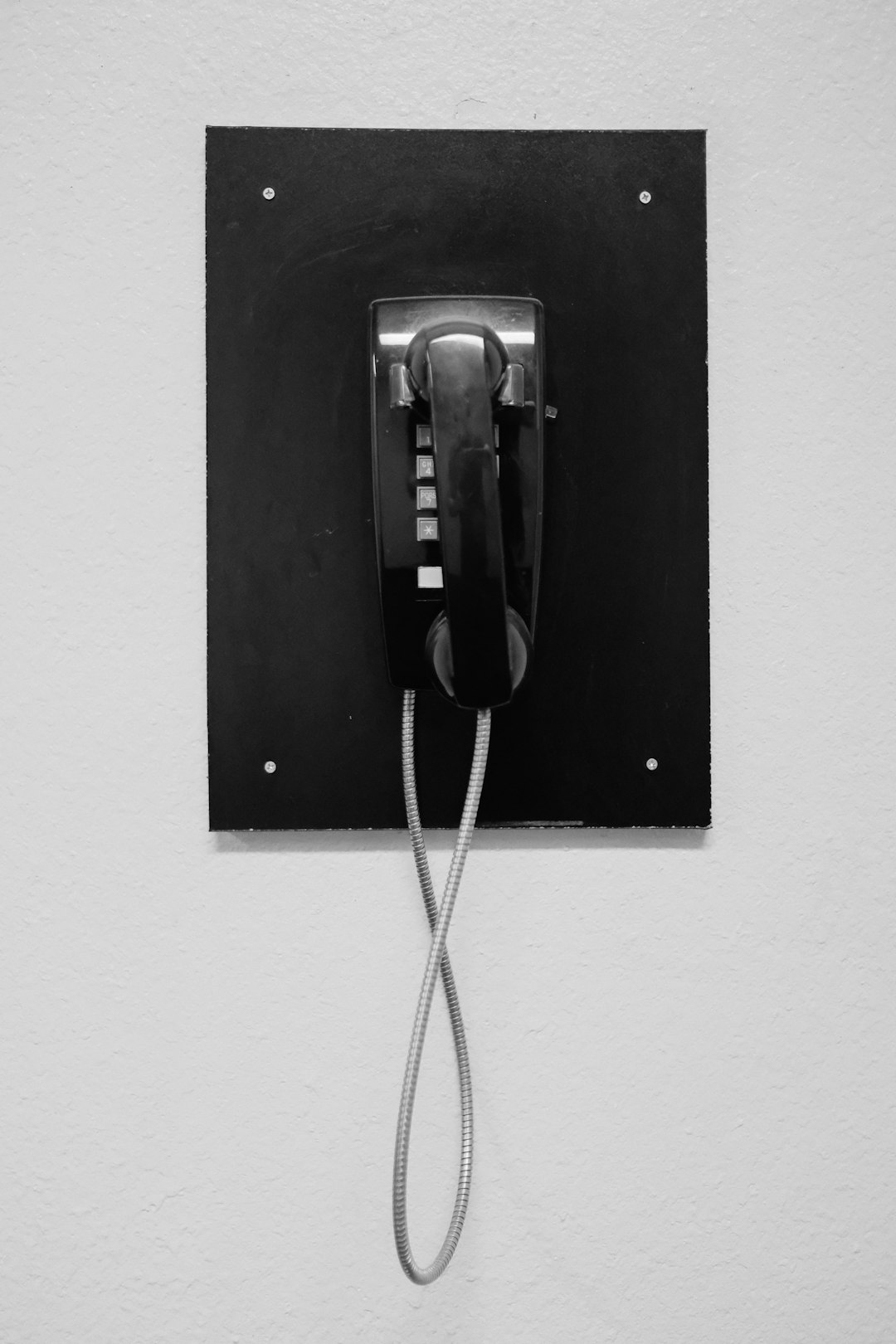
Spam texts are a common nuisance, but understanding their legal implications is key in dealing with them effectively. In New York, as well as across the country, receiving unwanted text messages from spammers is not only annoying but may also be illegal. According to federal law, including the Telephone Consumer Protection Act (TCPA), businesses and individuals are prohibited from sending automated or prerecorded messages to mobile phones without prior express consent. If you’ve received spam texts in Buffalo or any other part of New York State, it’s important to know your rights.
While some spam texts may be easily identifiable as marketing or promotional messages, others can be more insidious, pretending to be from legitimate sources. If you’re unsure whether a text is spam, look out for common signs such as unfamiliar senders, unsolicited offers, or links that seem suspicious. In case of persistent or harassing spam, document the messages by saving them and their timestamps, and consider blocking the sender if your phone allows it. Legal recourse is available; victims can file complaints with the Federal Trade Commission (FTC) and seek compensation for any damages incurred due to the spam texts.
– Definition of spam texts
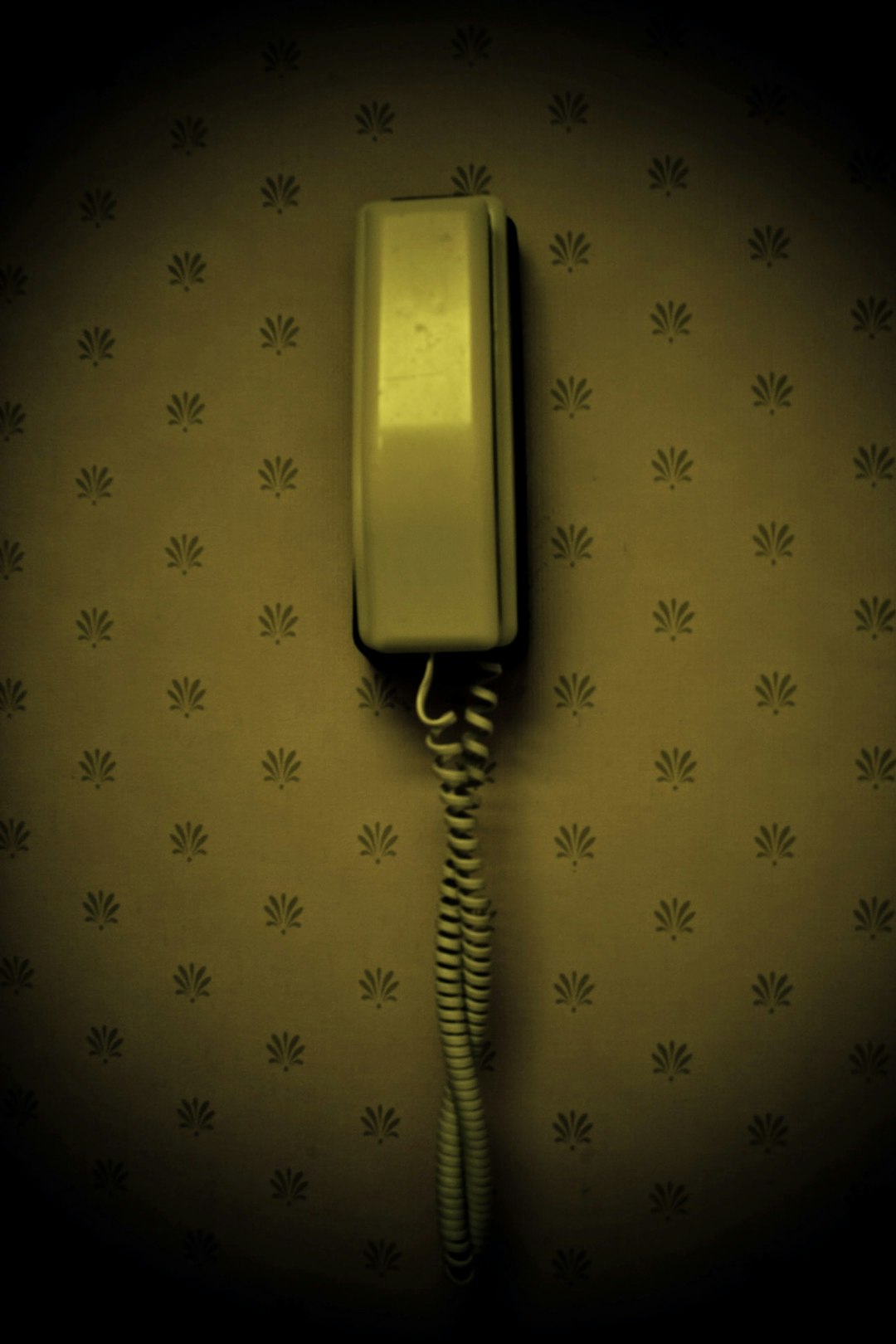
Spam texts, a common nuisance in today’s digital landscape, particularly prevalent in New York, are unsolicited messages sent in bulk to mobile devices or email accounts. These texts often promote products, services, or offers, sometimes appearing as legitimate business communications but lacking any prior consent from recipients. The volume and frequency of these messages can be overwhelming, leading many to consider them a form of digital harassment.
In Buffalo, as in the rest of New York state, spam text messages are regulated under laws aimed at protecting consumers from unwanted marketing tactics. Understanding these regulations is crucial for knowing your rights and taking appropriate actions when dealing with spam texts.
– Legal protections against spam in New York
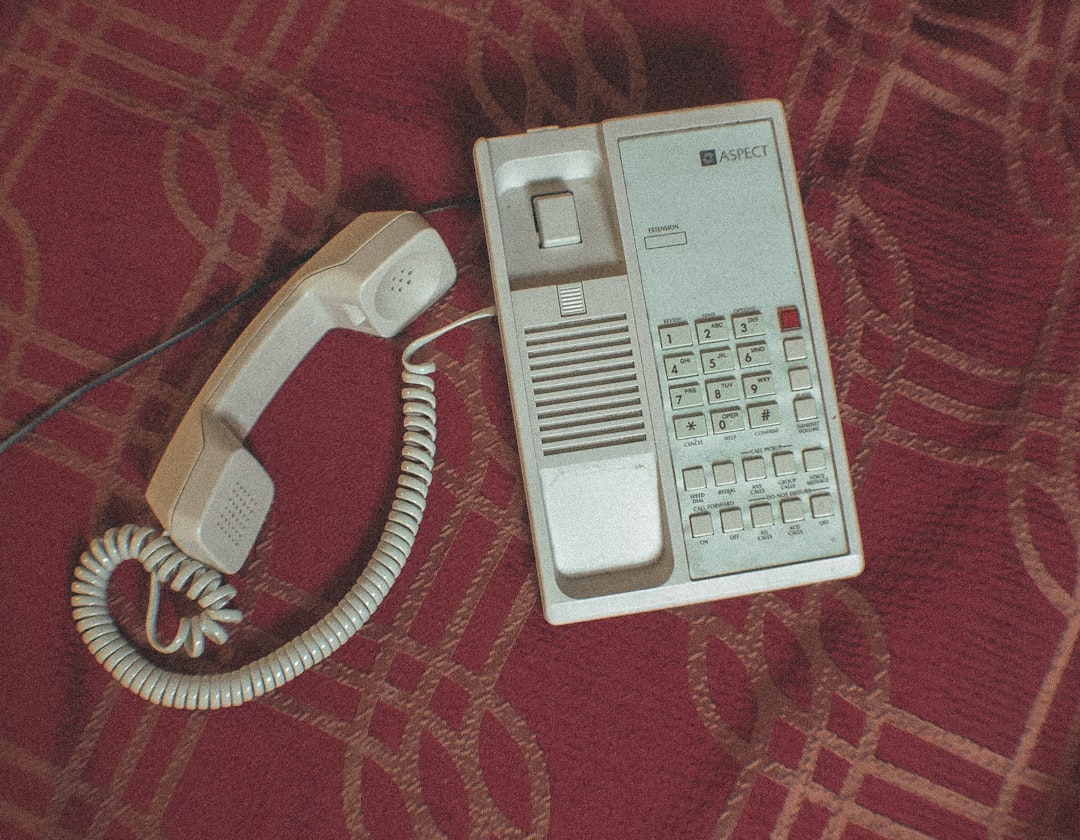
In New York, there are robust legal protections in place to combat spam texts and safeguard residents from unwanted messaging. The Telephone Consumer Protection Act (TCPA) is a federal law that prohibits companies and individuals from sending automated or prerecorded phone calls or text messages to mobile phones without prior explicit consent. This includes spam texts, which can lead to significant penalties for the offenders.
Under New York’s laws, residents have the right to sue for damages if they receive spam texts. The state’s General Business Law § 349 specifically addresses deceptive business practices, including unsolicited advertising via text message. Additionally, the New York State Attorney General’s Office actively enforces anti-spam measures and encourages consumers to report suspected violations. Reporting these incidents can help not only protect individuals but also contribute to broader efforts to curb spam text campaigns in Buffalo and across New York.
